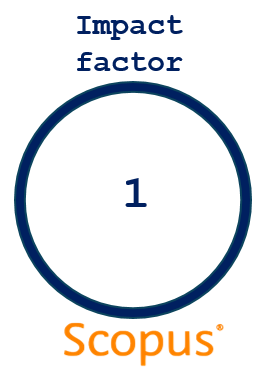ACTA Pharmaceutica Sciencia
2018 , Vol 56 , Num 3
Phyto-fabrication, characteristics and anticandidal effects of silver nanoparticles from leaves of Ziziphus mauritiana Lam
1 Department of Biology, College of Science, University of Baghdad, Jadriya, Baghdad 10071, Iraq2 Department of Heet Education, General Directorate of Education in Anbar, Ministry of Education, Hit, Anbar 31007, Iraq
3 Department of Ecology, College of Applied Sciences, University of Anbar, Hit, Anbar 31007, Iraq
DOI : 10.23893/1307-2080.APS.05620 Viewed : 17916 - Downloaded : 5980 In this work, silver nanoparticles (AgNPs) were biosynthesized from leaves of Ziziphus mauritiana Lam. jujube plant in Iraq and tested against fungal pathogens. Extract of leaves of Z. mauritiana mixed with 10-3 M AgNO3 exposed to slight sunlight for 3 days. Characterization of AgNPs was done using UV-visible spectroscopy, SPM (scanning probe microscopy) and atomic force microscopy (AFM). The change of solution color from pale brown to dark brown and the exhibited maximum peak at 445 nm accepted as an indicator to biosynthesized AgNPs. Aqueous extract of Ziziphus mauritiana is considered as biological reduced and stabilized agent for Ag+ to Ag0. AFM showed the formation of irregular shapes of AgNPs. The biosynthesized silver nanoparticles have an average of diameter of 67.19. The biosynthesized AgNPs from Z. mauritiana leaves were tested as nano-drugs against four human pathogenic fungi. The highest concentration 100% of AgNPs has 25 mm inhibition zone against Candida krusei. These nanoparticles were found to be useful to reduce Candidiasis. Keywords : Pharmaceutical, AgNPs, Candida sp., green nanotechnology, Jujube, biosynthesis





